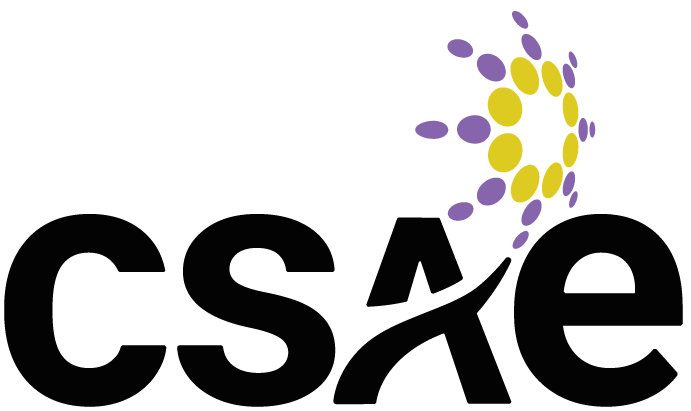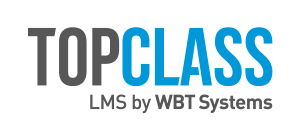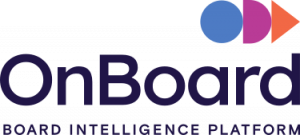How to Avoid Dangers of Overlooking LMS Implementation

When you’re searching for the perfect learning management system (LMS), it’s easy to get caught up in the features and forget about the implementation process that follows.
Unfortunately, overlooking the importance of a successful LMS implementation can have costly consequences for your association. According to the Project Management Institute, nearly one-third of all IT projects fail.
It is essential that an association’s LMS is successfully implemented in order to ensure that members are able to find, purchase, and complete continuing education courses 24 hours a week, 365 days a year.
Dangers of a Failed LMS Implementation
An LMS is a powerful tool for an association, but only if it is implemented correctly.
In a recent ASAE study, education and knowledge-related programs were found to be the most significant for members.
Without a smooth and successful implementation, your new LMS can be significantly delayed or even worse, unable to be launched.
A failed LMS project can cause your association to:
- Delay continuing education access to members
- Lower member engagement rates
- Decrease non-dues revenue
- Damage your reputation
How to Avoid LMS Implementation Failure
However, all is not lost. By understanding the risks a failed LMS project presents and taking the necessary steps to avoid them, you can ensure that your association’s LMS implementation is a success.
First, it’s critical that you partner with an LMS vendor who will be there with you every step of the way during implementation.
A good LMS vendor will provide expert guidance and support to ensure that your project stays on track. They will also be able to offer best practices and advice gleaned from experience with their other LMS implementations.
Don’t rush things; if you take the time to find a vendor who is invested in your success, it will pay off in the long run.
An LMS implementation can be a complex and daunting task for any organization, large or small. Because of this, there are a number of factors that need to be considered in order to ensure a smooth and successful implementation.
To help you out, we’ve outlined some key steps that association leaders can take with their vendors to reach their implementation goals.
Ask Your Vendor for a Detailed Implementation Roadmap
This roadmap should include all the tasks that need to be completed, who is responsible for each task, and when each task should be completed: the what, the who, and the when. It should also detail any prep work that needs to be completed before the implementation process can start.
Your implementation roadmap should state the advantages your association will gain once the LMS is operational, and it should address any potential issues or challenges that may arise during the implementation process. This will allow you to prepare yourself ahead of time for whatever obstacles arise.
Once you have the roadmap, review it with your team to ensure that everyone understands their role in the implementation process. Make things as clear as possible, and keep everyone on the same page; understanding is the key to a smooth transition.
Appoint Team Leaders Responsible for Overseeing the Implementation
These team leaders are responsible for ensuring that the tasks on the roadmap are completed on time and within budget. They can also assess the entire implementation process and anticipate any potential roadblocks before it’s too late.
Assign one team leader to be the main point of contact for the vendor.
This team leader will be responsible for coordinating communication between the various teams and the vendor. They will collect inquiries from the group and pass them on to the vendor. When new information or updates are available, the vendor will contact the team leader directly, who will then disseminate the updates back to the rest of the team.
Having a single point of contact is essential as it cuts down on the number of people the vendor has to deal with, lowering the potential for confusion on both sides.
Test with Your Vendor before Launch
It’s crucial to test the learning management system before it goes live. This will help ensure that there are no glitches or problems with the system once it’s launched.
To test the system, create a few dummy courses and learning objects. Assign these learning objects to a few test users and have them complete the courses. As the testers take them, pay close attention to how well the system functions.
Ask yourself:
- Are there any issues with the learning content?
- Is the system easy to navigate?
- Are there any problems with the check-out process?
If you find any problems, be sure to report them to the vendor so they can be fixed before launch.
Launch and Gather Feedback from Members
Now that everything is set, you and your vendor can launch your LMS. Be sure to promote the launch to your members and let them know all the great features that are now available to them.
Remember—if you don’t make your members aware of the new system, they may be confused and frustrated during the launch! So, promote your LMS early and often leading up to rollout, and be sure to communicate the benefits the new system will provide. Change can be scary, but when you arm everyone with information, it’s an easy challenge to face.
After the LMS has been live for a while, reach out to your members and get their feedback:
- What do they like about the system?
- What don’t they like?
- What would they change?
Their feedback will be invaluable as you continue to make improvements to the system. After all, your LMS, at its core, is for the members.
You may also be interested in:
3 Ways to Increase Non-dues Revenue for Your Association’s Online Continuing Education Program
Implementing a learning management system can be daunting, but it’s an essential step for any association seeking to provide its members with quality education and training. By following these tips, you can rest assured that your LMS will launch with minimal hassle, helping take your association—and its members—to the next level!




















